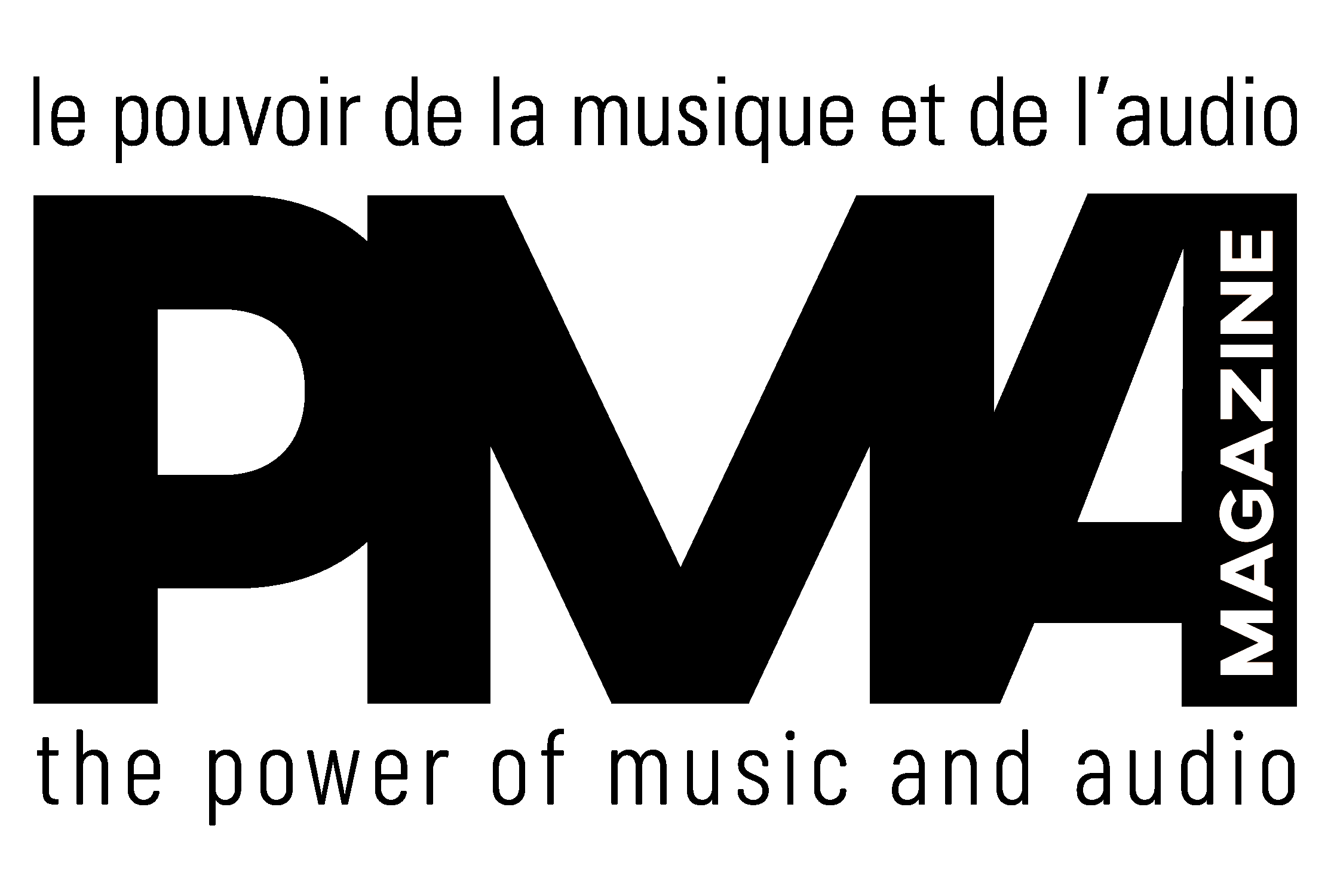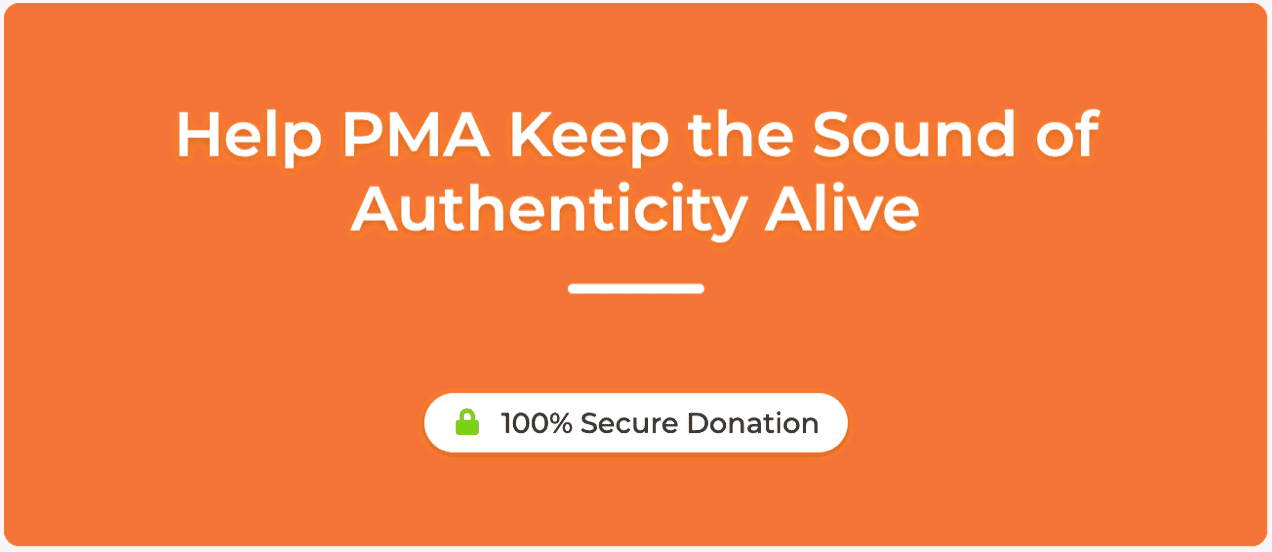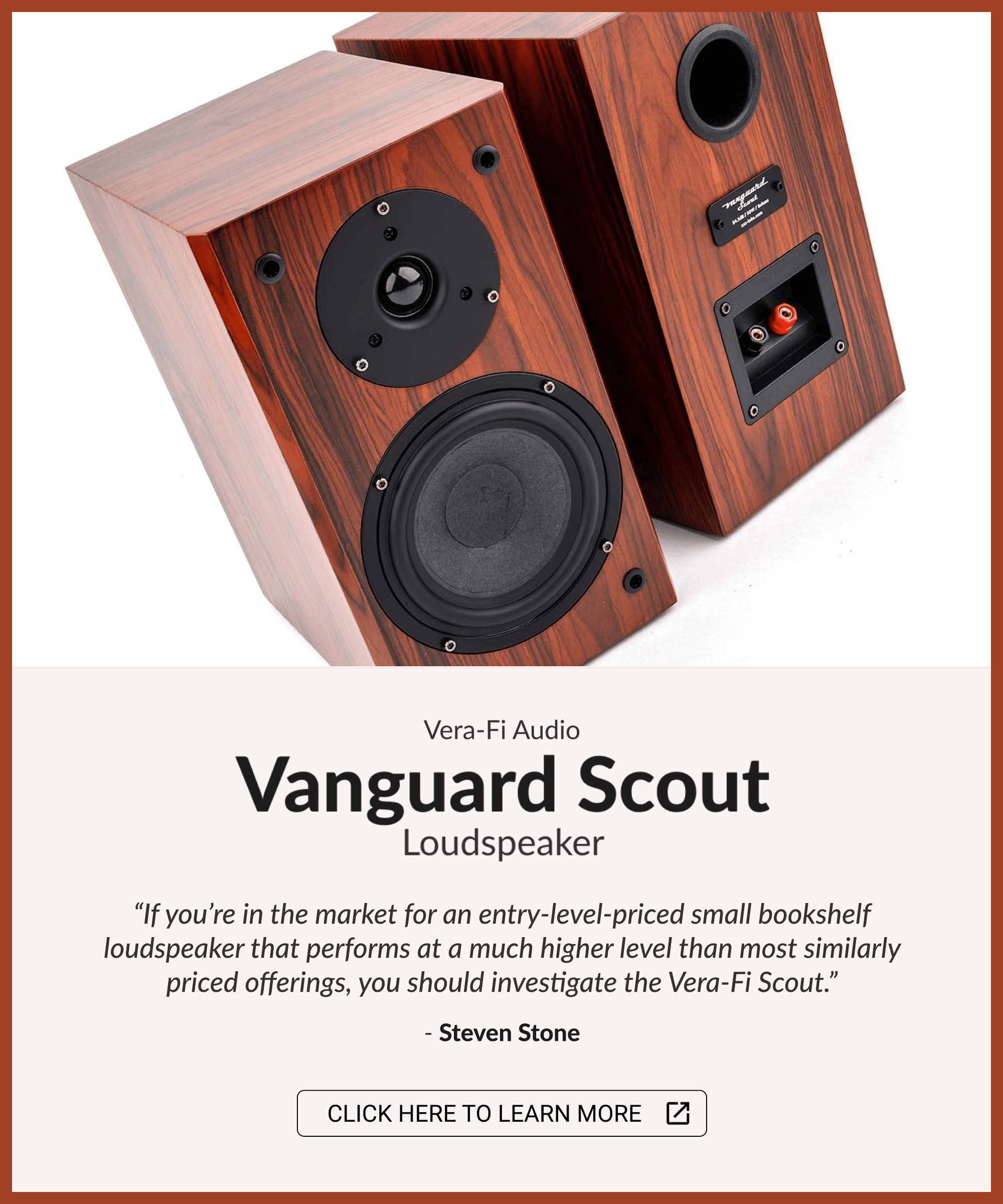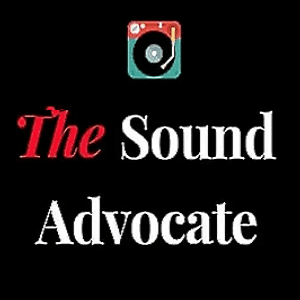
“That’s what was so great about my Facebook audiophile group at the beginning,” Paul said during our interview. “We’d share our audio experiences and talk about each other’s gear. It was always about how we could get better sound. It’s not really like that anymore, especially not since the pandemic. Now people are afraid to say or show too much. They know there are people out there waiting for any excuse to criticize or make fun of them.”
When I asked if he thought the situation was getting worse, Paul didn’t hesitate: “Yes. But it’s only a minority of people who are the problem. It’s usually the same names that come up. They’ll start poking and poking at the poster until that person gets mad or leaves in frustration.
“A recent example was a guy with a lot of CDs who was in the market for a new CD player and solicited advice from the group about what player to buy. Right away, the conversation got derailed. ‘Nobody buys CDs anymore.’, ‘You’re a dinosaur’, ‘You don’t know anything’. He was ridiculed, and those who tried to offer real advice were also targeted. The conversation went nowhere.”
I asked what it took to get suspended or banned from the site.
“The first thing is being disrespectful to another member,” he said. “Which isn’t the same as critiquing a member’s listening room or choice in music or amplifier—if we started disciplining people for criticizing, we’d spend our days doing just that.
“What I’m talking about are personal attacks. Name-calling. Belittling. Bullying. The second thing that might lead to a suspension is if a member reports another member for being insulting, or, worse, harassing them in a private message.
“In such cases,” Paul continued. “I would contact the person to explain that a complaint was lodged against them. I’d remind them that they were guests in the group and had to be respectful. Some would stand down, others would get upset, telling me to mind my own business, who was I to tell them what to do. Those people I might end up blocking from the group for a couple of weeks, or a month.”
So, a suspension always preceded a banning?
“Usually. If they acted the same way after being suspended, I’d explain that I tried to work things out but enough is enough and now they were banned and no longer welcome.
“Many didn’t care. They’d open another Facebook account under a different name, and gradually start over with the insults and intimidation. I could tell it was the same people because of how they used the same vocabulary. The bullies would just regroup.
“Sometimes it reminded me of those old westerns,” he said. “When the gang would ride into town and the townspeople would close their shutters so they wouldn’t be seen. Regular members have to be careful what they post. Tweaks or cables? You can’t do that!” he said with a laugh. “Some people seem to get genuinely mad when you mention tweaks or cables.
“These people aren’t audiophiles. They contribute nothing to the audiophile discussion. They don’t talk about music, their systems, or about equipment they’ve heard.”
I asked if it’s possible some act the way they do out of some sense of duty? To “protect” the “impressionable” from what they consider snake oil products?
“Who knows? But they have no business telling audiophiles what to believe or how to enjoy the hobby in an audiophile group. These people don’t belong there in the first place.
“It’s heavy,” he continued. “It removes the charm of what we had at the beginning.”
Was there a positive side to Facebook audiophile groups?
“It’s not all negative,” he said. “The negative sticks out more but there’s still positive. I adore some parts. Just this morning, a man messaged me privately to say he was 70-years-old and liked reading my posts and wanted advice about what speakers to buy to go with his new amp.
“I love that stuff. To go back to something you asked me before, about why I still go on my Facebook audiophile group despite the toxic environment, it’s because of those moments—when we’re helping each other out and talking about great-sounding products. It’s fun.”
*
On that ending note of the interview, we at PMA Magazine would like to make clear that this two-part article was in no way intended as an indictment of Facebook audiophile groups. We get that Facebook, as a platform that offers anonymity to those who post comments, can facilitate hostile behaviour and that this isn’t something that happens only in audiophile groups. But it does happen a lot in Facebook audiophile groups, where audiophiles are often targeted for derision by self-described non-audiophiles who don’t relate to the hobby, or to us.
So what are they doing in a group dedicated to all things audiophile? We’ll tell you what they’re not there for: supporting audiophiles or industry players such as product designers and store owners, giving constructive criticism, listening to other points of view, sharing their own audiophile experiences, or contributing to the enjoyment and prosperity of our hobby. Instead, they act like neighborhood bullies crashing your family’s birthday party. They undermine something dear to our hearts, on a site that was meant for us, not them.
There’s nothing wrong with having a difference of opinion, or debating, but the ability to listen and engage with others in the group in a respectful way is paramount. If your idea of entering a discussion is to simply hammer home your own beliefs, then you don’t understand what a discussion is, or you’re here for ulterior motives. We’re aware of a few Facebook groups established solely to make fun of the audiophile hobby, some of whose members visit genuine audiophile groups to bait audiophiles into giving them “material” they can later use to entertain their cabal of intolerants.
Since we published part 1 of this interview, many audiophiles have written to us to say they stopped visiting Facebook audiophile groups because they no longer felt safe there, and that’s a shame. While we certainly encourage audiophiles to socialize in person—listening sessions, audio shows, and store events can offer friendly respites from online aggression—Facebook audiophile groups offer tremendous potential as places where people separated by distance can enjoy the hobby together. But for this to work the way we want it to, it may be time for all of us—the members, administrators, moderators, media—to work together to help ensure that audiophile groups are, above all, safe places for audiophiles to express themselves and enjoy the hobby as they see fit.















Leave a Reply